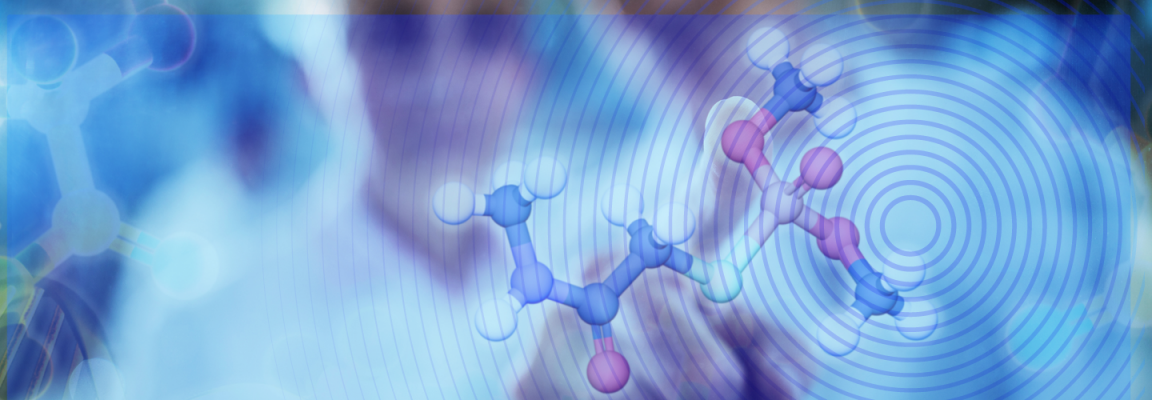
BIOtech Now
Jeremy Isenberg

Neurological disorders are estimated to affect up to 1 billion people around the world—including nearly 100 million Americans—with roughly 7 million people dying of the maladies every year worldwide. The vast spectrum of more than 600 neurological disorders includes Alzheimer’s, Parkinson’s disease, strokes, multiple sclerosis, epilepsy, migraines and brain injuries.
These disorders present tremendous public health challenges that are estimated to cost around $800 billion per year in the US. But this is where the biotech industry can shine—by harnessing innovation to alleviate patient suffering and reduce overall disease burden. And we’re already on our way with more than 530 new medicines in clinical development to treat neurological disorders—74% of which are first-in-class medicines. While this gives patients hope, the overarching challenge is that the human brain is still a mystery.
To unravel this mystery, the biotech industry is beginning to turn to artificial intelligence (AI) and machine learning for potential solutions. Industry leaders gathered Tuesday afternoon at the 2019 BIO International Convention to discuss this issue at a panel session, “A New Era: AI-Based Precision Medicine & Neurological Disorders”. The distinguished panel was moderated by Kate Sheridan, Life Sciences and Biotech Reporter, STAT News. Panelists included: Mark Frasier, Ph.D., Senior Vice President for Research Programs, The Michael J. Fox Foundation for Parkinson’s Research; Dr. Iya Khalil, Chief Commercial Officer and Co-Founder, GNS Healthcare; and Dr. Vaibhav Narayan, VP and Head, Data Science and Digital Health Solutions, Neuroscience Therapeutic Area, Janssen Pharmaceutical Companies of Johnson & Johnson.
The purpose of AI’s use in the field of biotechnology is to learn new causes of disease and better understand responses to treatments. The panel illustrated that, by using AI and machine learning, we can develop data analysis models to better understand the underlying biology of diseases. This new understanding will have a ripple effect—having more data points per patient provides more research opportunities—which enables scientists to find better surrogate markers that lead to the right treatment for the right patient at the right time—the mantra of precision medicine.
If a biomarker was discovered tomorrow that could be a drug target to treat a disease such as Alzheimer’s, it would cost hundreds of millions of dollars for a biotech company to test that a treatment for that biomarker is effective. AI models can help mitigate unnecessary costs by predicting how a patient population with the given biomarker may react to a given treatment. If the model predicts a low efficacy rate for the Alzheimer’s biomarker, then the biotech company may save millions by avoiding a failed clinical trial.
The panel discussion focused on several major challenges for the uptake of AI-based precision medicine. The most significant challenge is the lack of robust datasets, which can be addressed by broader, more diverse cohorts; more robust collection of genomic data; and a data ecosystem that is both interoperable and shared.
We need to rethink how to collect and share patient data across the healthcare system—especially regarding clinical trials—and better utilize AI to analyze that data at every touch point. Most data repositories are currently private, so the research that arises from datasets is rarely shared publicly, hamstringing scientific advancement. Solutions for the challenge of increasing and improving patient data collection will require input from a variety of disease communities, academia and the private sector.
Another challenge is the shortage of biotech professionals with expertise in both data science and biology—ironically humans are still essential to design and interpret effective and efficient AI models. As the panelists illustrated, there are few individuals with expertise in both areas, so the next best solution is for biotech experts to partner with data science experts at AI-focused firms. Having a disease expert work alongside the AI expert will likely lead to better model designs. As these cross-cutting partnerships are formed, strong orchestration is required to achieve meaningful targets.
Despite these challenges, AI provides much promise for advancing our scientific understanding of complex diseases in neurology and accelerating the discovery of the complex circuitry of the brain, and AI will soon become a lynchpin in the field of precision medicine.
Powered by WPeMatico

